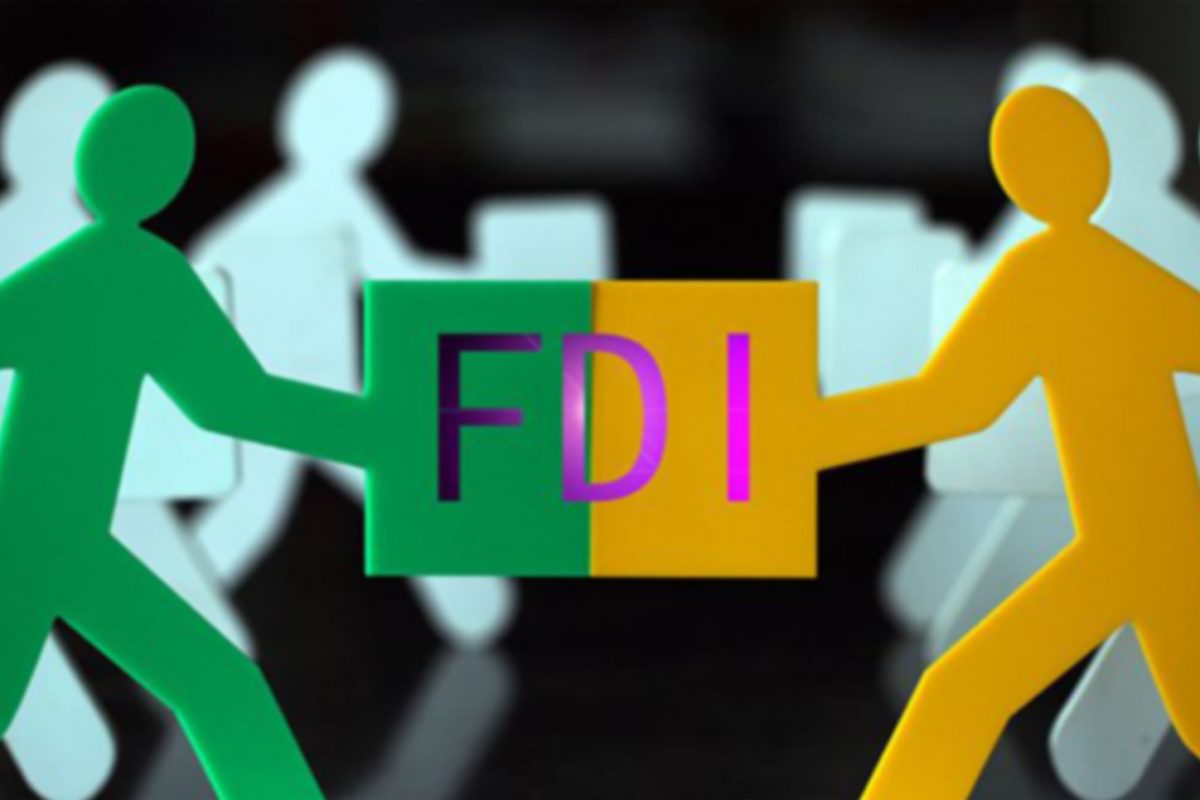Sheikh Amir Waheed, President, Islamabad Chamber of Commerce and Industry said that due to hike in taxes in budget 2017-18 on capital market, portfolio investment has reportedly declined by 50 percent during the first half of fiscal year (July-December 2017) and called upon the government to rationalize taxes on the capital market in the forthcoming budget that would facilitating inflow of FDI. He said as per latest report of SBP, FDI has posted a decline of 2.8 percent during the first half of current fiscal year compared to same period of last year, which was not an encouraging sign for the economy. He said FDI in December 2017 also witnessed a massive drop of over 71% as compared to the same month of 2016 which should be a cause of concern for the policymakers.
Sheikh Amir Waheed said that for successful execution of CPEC project and to expand various sectors of the economy, Pakistan badly needed local and foreign investment. However, he said that the declining trend in FDI would constrain the efforts of the government to improve the health of the economy and put it on the path of sustainable growth.
Muhammad Naveed Senior Vice President and Nisar Mirza Vice President, Islamabad Chamber of Commerce and Industry said that foreign exchange reserves of the State Bank of Pakistan have also dropped below $14 billion for the first time in two years, which showed that our export sector was not performing well and imports were rising. They said that the SBP reserves reached their peak of $18.9 billion in October 2016, but afterwards started falling due to dwindling exports and remittances. They said the debt servicing and other foreign payments have also contributed to decline in the forex reserves of the country.
They said the country’s trade deficit has increased by 25 percent during the first half of the current fiscal year, which needed immediate remedial measures to promote trade and exports of the country. They said that the trade deficit was $ 14.4 billion during the first six months of 2016 which has now surged to $18 billion during the same period of current fiscal year. They said that if no measures were taken to curb the trend of rising trade deficit, it would further erode the foreign exchange reserves of the country creating additional problems for the economy.
They stressed that government should resolve key issues of exporters on priority, focus on import substitutions, make efforts to ensure political stability in the country and take policy measures to create conducive environment for business activities so that the private sector could lead the efforts to steer the economy out of troubled waters and put it on fast track trajectory.


